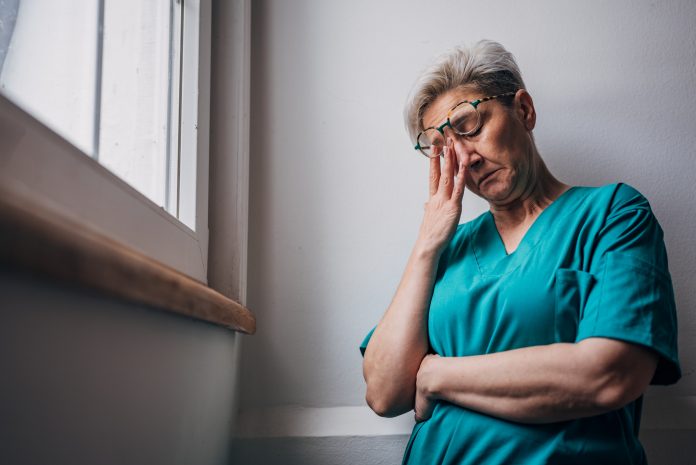King’s College London researchers warn of elevated risk from hospital-only medications and illicit drug use within healthcare settings, linking patient and healthcare worker fatalities to gaps in prescribing, discharge planning, and policy
A new study from King’s College London has uncovered a concerning trend: nearly half of drug-related deaths among UK healthcare workers involved substances intended for use only within hospital settings. These findings underscore the urgent need for action, shedding light on under-recognised risks within the healthcare system and raising questions about access, oversight, and support for staff working in high-pressure clinical environments.
Lead author Dr Caroline Copeland, Director of the National Programme on Substance Use Mortality, said: “This report is the first to analyse the deaths of those working or studying in a healthcare setting who died via substance use. It makes for distressing reading and is a reminder that we need to do better to look after the people who care for us.”
The study is published in the Addiction journal.
Nurses, doctors, and healthcare workers are dying from controlled drug abuse
Researchers analysed 58 coroners’ reports from England, Wales, and Northern Ireland, submitted to the National Programme on Substance Use Mortality at King’s College London, a leading research institution in the field of substance use and mortality, between 2000 and 2022. The individuals had either been employed at a hospital, GP practice, pharmacy, or were studying to become a healthcare professional at the time of death. All had access to controlled drugs.
Anaesthetists, who are medical professionals responsible for administering anaesthesia and monitoring the patient’s vital signs during surgery, were featured most in the study, followed by GPs, surgeons, and psychiatrists. The higher proportion of anaesthetists may be because anaesthetists work closely with these potentially lethal drugs, the authors say.
Mental health support for healthcare workers is crucial
Opioids were the type of drug most frequently involved in causing death (43% of cases), followed by benzodiazepines (24%), which are used for treating anxiety and other mental health conditions.
Drugs rarely found to cause death in non-healthcare professionals were heavily featured in these deaths, including drugs usually for anaesthesia or sedation like propofol (29%), short-acting benzodiazepine midazolam (10%) and neuromuscular blocking agents (9%). There were only three cases where illegal drugs, such as cocaine, were in the person’s system at the time of death.
The researchers found that 88% of accidental deaths occurred in men, and 63% of suicides were also in men. Two-thirds of people died in their homes or hospital accommodation, and when people died in hospital (17%), 70% died in a hospital toilet cubicle. Furthermore, 69% of individuals who died also had at least one mental health condition, with depression being the most prevalent.
Moreover, 64% of cases experienced recent life events that could have negatively impacted mental health, including moving overseas, splitting with a partner, exam stress and bereavement. In three cases, the healthcare worker died by suicide after being informed that they were subject to a professional misconduct or criminal investigation. In 14% of cases where a past medical history was available, the deceased had been self-medicating to relieve chronic pain.
Dr Caroline Copeland said: “This is an urgent problem as the suicide rate among healthcare workers is 24% higher than the national average in the UK. Doctors and nurses work in stressful, high-pressure environments and need bespoke care and support tailored to the specific challenges they face. Having a healthy, well-supported workforce is key to making the NHS fit for the future.”











